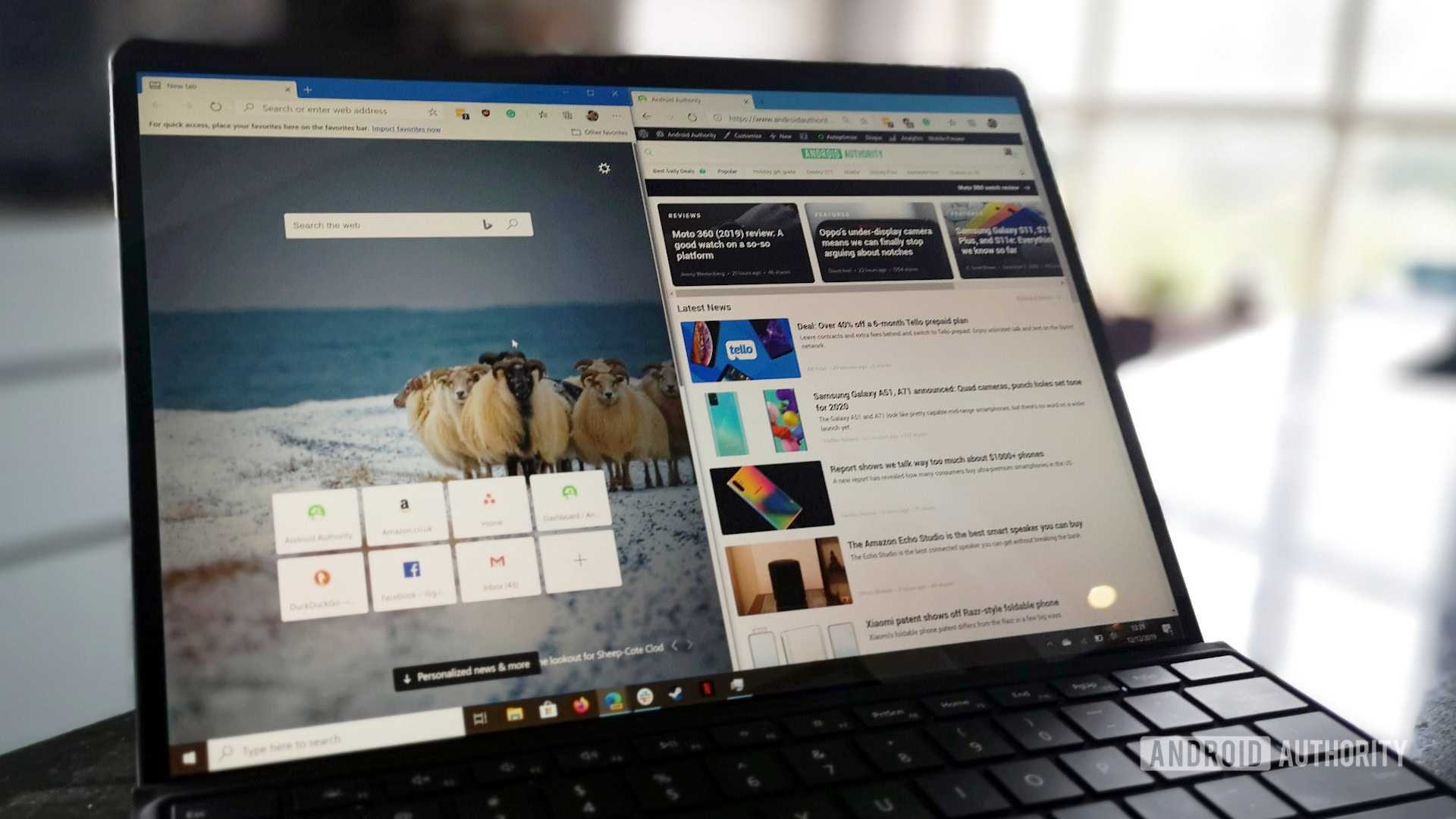Affiliate links on Android Authority may earn us a commission. Learn more.
Why haven't we seen Windows on Arm laptops with MediaTek chips?
November 11, 2020

- MediaTek has revealed that it’s looking at the Windows on Arm segment.
- Qualcomm is the only chipmaker offering processors for the platform right now.
Apple announced its first Mac computers with Arm silicon yesterday, but the Cupertino company isn’t the first major computing platform to embrace Arm. In fact, we’ve seen Windows on Arm laptops being released for over two years now.
These Windows on Arm devices are largely powered by Qualcomm Snapdragon chipsets though, with rival chipmaker MediaTek being conspicuously absent in this space. Now, the Taiwanese firm has revealed that it is considering this segment.
“Windows on Arm is a developing new opportunity. We are studying this space on the back of MediaTek’s Chromebook success in COVID-19 times (sic),” a company representative told journalists during the firm’s executive summit.
Two hurdles in the way?
The firm also launched two new Chromebook chips in the MT8192 and MT8195, and MediaTek claims that these chips are more than adequate for running Windows on Arm. “However, (we) need DirectX drivers for the Mali GPU from Arm,” a representative explained.
The firm’s new Chromebook processors both use Arm’s Mali-G57 graphics, while Qualcomm’s laptop processors use in-house Adreno GPUs. This would theoretically give the US chipmaker greater control over things like driver support, rather than having to rely on partner companies.
MediaTek also cited x86 app compatibility with Windows on Arm as a “primary challenge” for the platform. Right now, x86 apps either have to be ported to Windows on Arm or they need to be emulated to run on the new platform. However, the latter approach tends to incur a performance penalty, while the former route requires work from the developer.
Nevertheless, between Microsoft and Qualcomm rolling out 64-bit app emulation support this month, and Apple launching its first Arm-powered Mac computers, it’s clear that the Arm computing space is making progress. Hopefully we see cheaper laptops from both platforms in 2021.
Next: Apple’s biggest challenge with Arm Macs, according to Qualcomm
Thank you for being part of our community. Read our Comment Policy before posting.